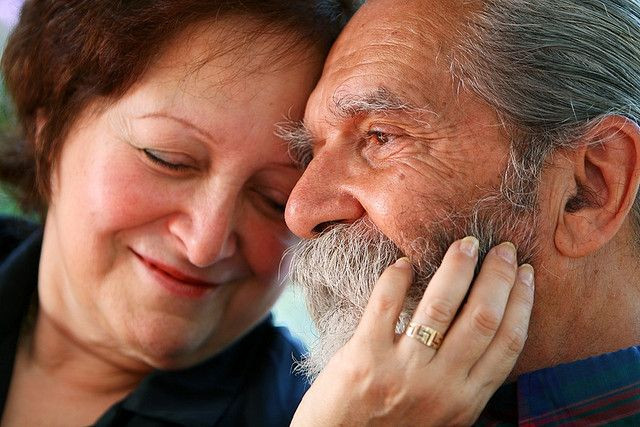Married Cancer Patients Tend To Be Diagnosed Earlier, Treated More Effectively; Leading To Better Outcomes

Marriage may sometimes be difficult, but for those who are able to persevere through these difficult times, a true companionship usually flourishes. It’s this companionship that the authors of a new study believe allowed married cancer patients to get diagnosed earlier, to be treated more effectively, and to live longer.
The researchers found in their analysis that when compared with married cancer patients, unmarried patients had a 17 percent higher chance of developing metastatic cancer — a cancer that spreads to other parts of the body — and 53 percent less likely to get the appropriate therapy for their cancer.
“Our data suggests that marriage can have a significant health impact for patients with cancer, and this was consistent among every cancer that we reviewed,” Dr. Ayal Aizer, chief resident of the Harvard Radiation Oncology Program and the study’s lead author, said in a statement. “We suspect that social support from spouses is what’s driving the striking improvement in survival. Spouses often accompany patients on their visits and make sure they understand the recommendations and complete all their treatments.”
Dr. Aizer and his team of researchers looked at data from the National Cancer Institute’s Surveillance, Epidemiology, and End Results Program, which collects cancer statistics on the incidence, prevalence, survival, and mortality of 28 percent of the U.S. population. Specifically, they looked at data regarding 734,889 people who were diagnosed with one of 10 cancers between 2004 and 2008. The 10 leading causes of cancer death, which they focused on, were: lung, colorectal, breast, pancreatic, prostate, liver/bile duct, non-Hodgkin lymphoma, head and neck, ovarian, and esophageal cancer.
Previous studies have shown that being married has other health benefits as well. For one, married patients who underwent a form of heart surgery were less likely to have hypertension, diabetes, and a lower chance of smoking, one year after the operation, when compared to those who were single. What’s more, married patients had an 8.2 percent chance of having another heart attack, or even death, within the year, compared to single patients whose chances of such incidences was 13 percent. Even for married couples who weren’t sick, marriage was shown to increase lifespan.
Being single, however, might not be a complete sentence for illness or death. “We don’t just see our study as an affirmation of marriage, but rather it should send a message to anyone who has a friend or a loved one with cancer: by being there for that person and helping them navigate their appointments and make it through all their treatments, you can make a real difference to that person’s outcome,” Dr. Paul Nguyen, a radiation oncologist at Dana-Farber/Brigham and Women’s Cancer Center, said in the statement.
Source: Aizer A, Chen M, McCarthy E, et al. Marital Status and Survival in Patients With Cancer. Journal of Clinical Oncology. 2013.
Published by Medicaldaily.com



























